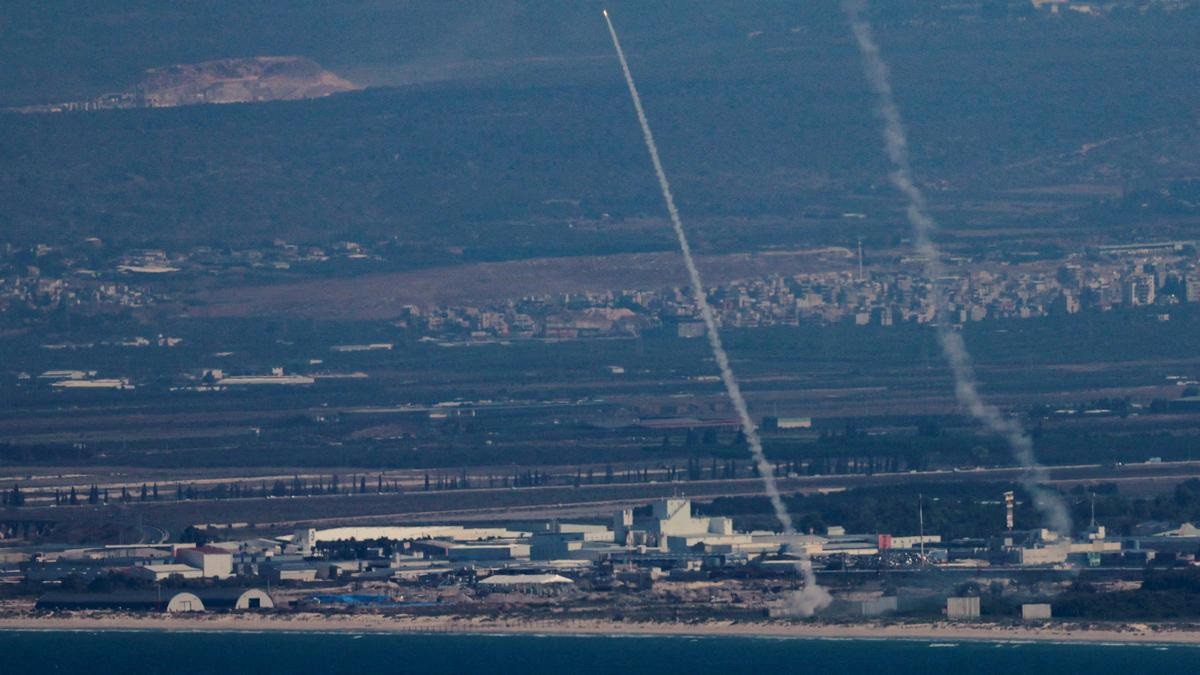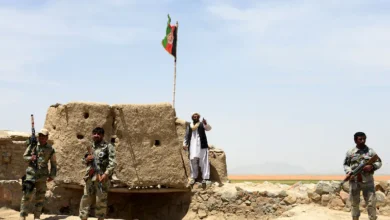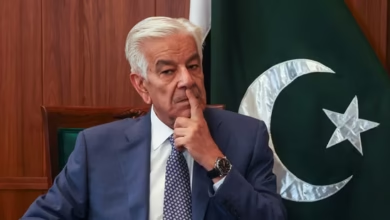Israel Rejects Cease-Fire Talks And Ups Strikes On Lebanon

- The United States has been unsuccessful in its attempts to achieve a diplomatic breakthrough that would end the conflict in Gaza on numerous occasions.
- According to a US official who is acquainted with the process, US Secretary of State Antony Blinken had been engaged in the development of the cease-fire proposal in New York for the entire week.
Israel denied interest in a truce and ordered the military to continue bombarding Hezbollah targets in Lebanon, a setback for the United States and its allies in their efforts to deescalate hostilities.
On Thursday, Foreign Minister Israel Katz declared on X that there would be no ceasefire. “We will persist in our efforts to combat the Hezbollah terror group until victory is achieved and the northern residents are able to return to their homes.”
Katz is serving as Prime Minister Benjamin Netanyahu’s substitute while the latter is in the United States to deliver his annual address to the United Nations summit on Friday. Earlier, Netanyahu’s office announced that the Israel Defense Forces had been instructed to continue bombing Lebanon.
US President Joe Biden and his French counterpart Emmanuel Macron are spearheading the effort to establish a three-week cease-fire in order to allow for additional negotiations. Israel was preparing for a potential ground invasion when the plan was announced. This action carries the potential to escalate into a regional conflict that could involve the United States and Iran, which supports Hezbollah.
Amin Salam, Lebanon’s Economy Minister, characterized the cease-fire proposal as “extremely serious” and stated that subsequent developments would be critical. On Thursday, he stated to Bloomberg TV, “We have observed a significant amount of flexibility from Hezbollah in the past 24 hours.” The militant group did not provide an immediate official response.
According to the pan-Arab Asharq Al-Awsat newspaper, Israel and Hezbollah are at an impasse regarding the militant group’s willingness to conduct cross-border rocket attacks as long as Israel continues its offensive against Hamas in Gaza, as reported by an unidentified Lebanese official who is knowledgeable about the situation. The conflict has been ongoing since October of last year, and there is no indication that an end is imminent.
Israeli forces have pounded targets in the economically stricken country of Lebanon for a fourth day, including on the outskirts of Beirut, as they attempt to establish a cease-fire. Since Monday, over 600 individuals, including at least 50 children, have been killed, and tens of thousands of Lebanese have fled the southern region of the country.
The most severe violence between the two sides since a 2006 war has resulted in Hezbollah firing hundreds of rockets at northern Israel in response, including its first-ever attempt to target Tel Aviv.
Channel 12, an Israeli broadcaster, reported that senior officials have their own conditions for a cease-fire that are unlikely to be accepted by Hezbollah leader Hassan Nasrallah. Meanwhile, Israel’s Army Radio reported that unidentified security officials are stating that the military requires additional time to accomplish its objective of weakening Hezbollah’s capabilities.
Late Wednesday, the United States, European states, and Arab powers such as Saudi Arabia and Qatar advocated for a ceasefire in the conflict. “In a joint statement, they stated that it is time to reach a diplomatic agreement that will allow civilians on both sides of the border to return to their homes in safety.”
The Lebanon proposal is designed to facilitate the eventual return of tens of thousands of Israelis who have evacuated their northern homes in response to Hezbollah’s rocket attacks, which commenced shortly after the Israel-Hamas conflict commenced. According to Lebanon’s Foreign Minister, Abdallah Bou Habib, the Israeli bombardment has resulted in the displacement of half a million individuals within the country.
Israel has intensified its air attacks over the past week. In an operation that resulted in the explosion of thousands of pagers and walkie-talkies, the military terminated senior Hezbollah commanders through strikes and injured numerous fellow members. Israel, which has neither confirmed nor denied responsibility, was the target of accusations from Hezbollah and Iran. Israel claims to have destroyed a substantial portion of Hezbollah’s missile arsenal.
National Security Minister Itamar Ben Gvir, one of Netanyahu’s far-right allies, has threatened to resign from the ruling coalition in the event that a permanent truce is established in Lebanon. The government could be brought down by such a move.
The cease-fire proposal was also met with a lack of enthusiasm from Israel’s political opposition.
Naftali Bennett, a former prime minister who is expected to challenge Netanyahu in the upcoming elections, stated on X that the timing is not favorable. “Hezbollah has the option to cease the fire by surrendering its weapons, demilitarizing itself, and relocating 15 kilometers from the Israeli border,” he stated.
Meanwhile, opposition leader Yair Lapid declared that a pause should not exceed seven days in order to prevent Hezbollah from regaining its military strength.
The United States has been unsuccessful in its attempts to achieve a diplomatic breakthrough that would end the conflict in Gaza on numerous occasions. Netanyahu has been accused by domestic critics of postponing a truce in order to appease his far-right government allies, including Ben Gvir. Despite the destruction of a significant portion of its military capability, Hamas, which is backed by Iran and, like Hezbollah, is classified as a terrorist organization by the United States, has maintained a similarly uncompromising stance.
According to a US official who is acquainted with the process, US Secretary of State Antony Blinken had been engaged in the development of the cease-fire proposal in New York for the entire week.







Facebook Comments